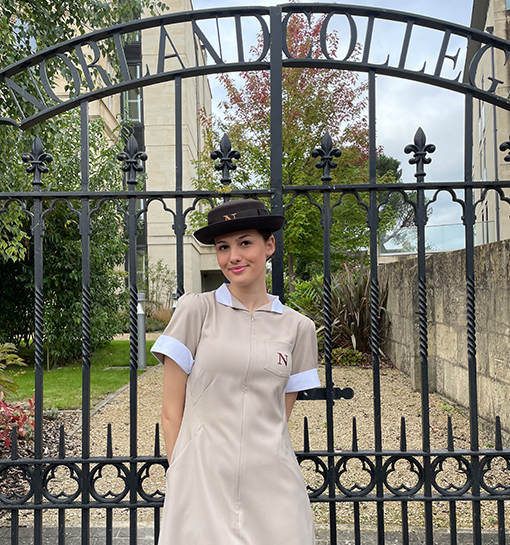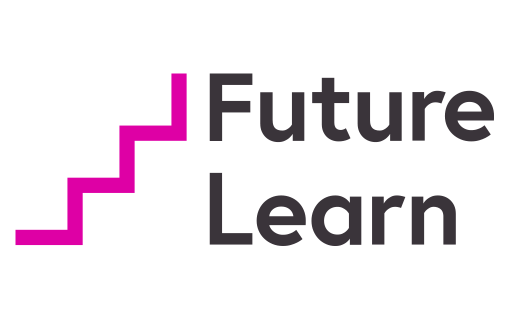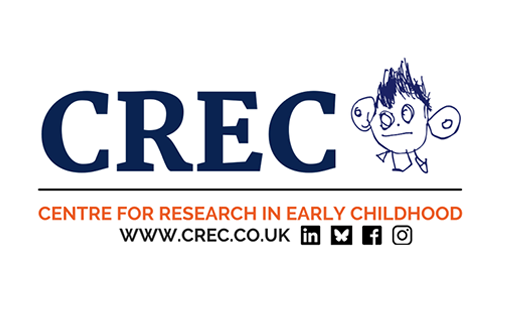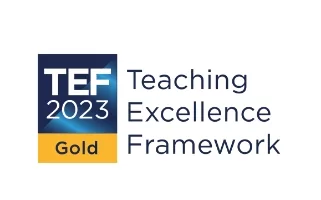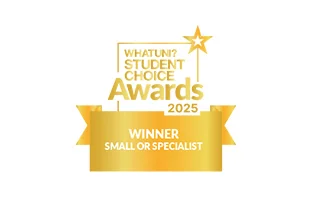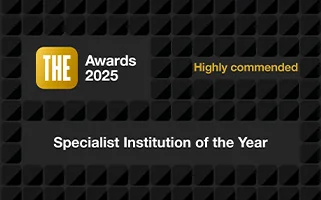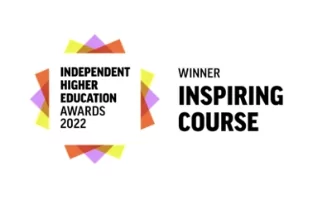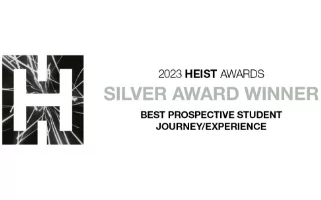Norland Educare Research Journal – an international journal on home-based childcare
About the journalWelcome to the Norland Educare Research Journal – the world’s first research journal dedicated to advancing and enhancing the knowledge base for professional practices and policies for home-based early childhood education and care.
This international double-blind peer-reviewed research journal is published by Norland annually, online only. It is a fully open access journal, offering free-of-charge publication to researchers and authors, and free-of-charge access to all readers, worldwide.
The journal is funded by The Norland Foundation (registered charity number 1190292).
Join our journal mailing list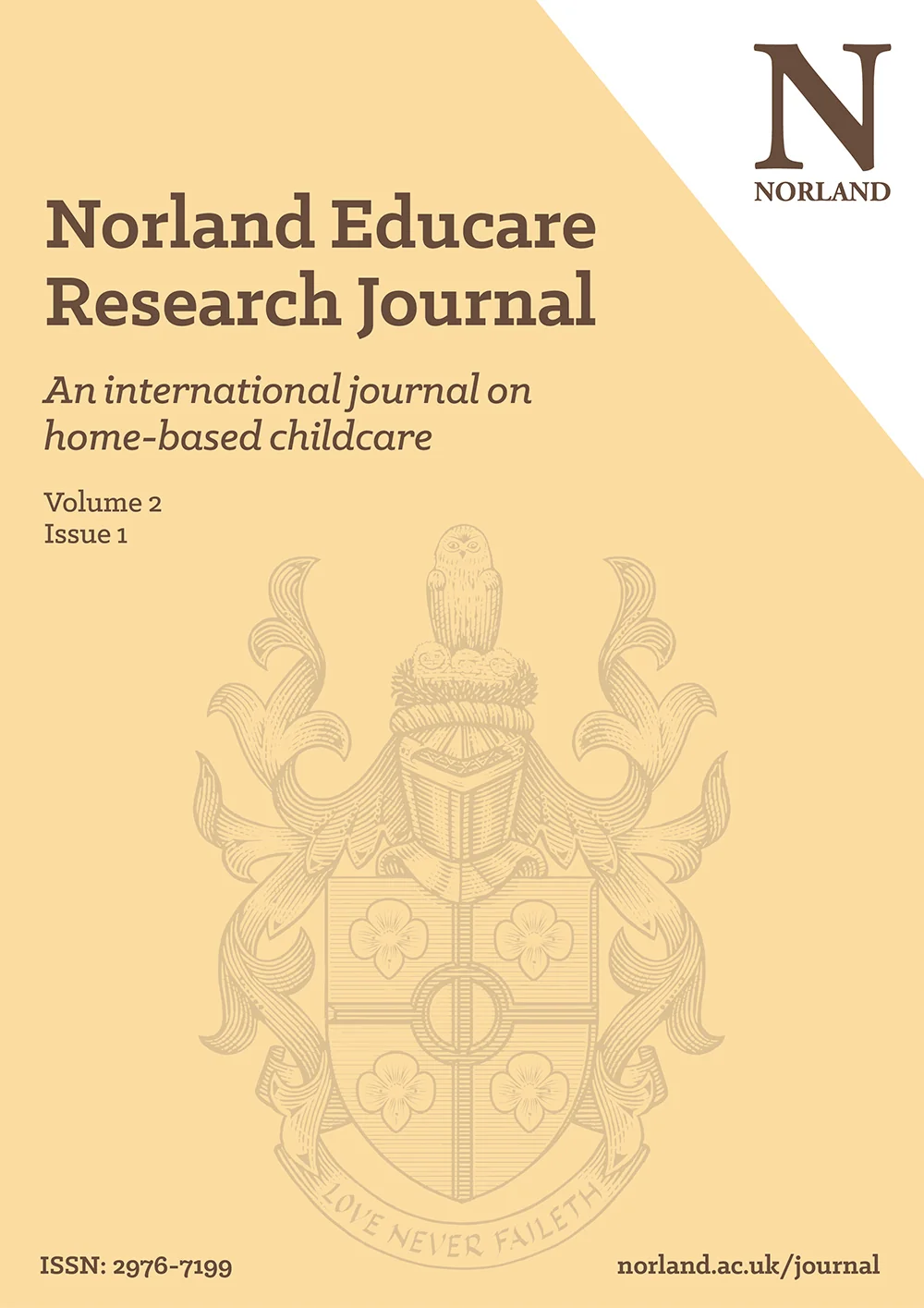
Norland Educare Research Journal - Volume 2, Issue 1
Front matter and content page: Norland Educare Research Journal
The Norland Educare Research Journal is an international double-blind peer-reviewed journal, published annually, online only. It is an open access journal, offering free-of-charge publication to researchers and authors, and free...
Editorial — Revisioning and reforming educare in the 21st century: the synergetic confluence of professional innovative practices and scientific evidence
This issue of the journal presents a collection of papers which bring to the fore critical issues about young children’s educare. In an interview conducted by Janet Rose, the Principal...
Critical processes for infant development – an interview with Professor Edward Tronick
We are delighted to front this issue of the Norland Educare Research Journal with an interview with Professor Edward Tronick, a world-class researcher and developmental and clinical psychologist. Edward Tronick...
Alloparenting – a historical perspective on infant ‘loving’ care relationships
Contemporary loving relationships during infancy are often discussed with reference to attachment and bonding between the parent, predominantly the mother, and their infant. However, parents throughout history have often relied...
The role of grandparents in early education and care in the 21st century: a thematic literature review of the UK research landscape
In recent years there has been increased interest in undertaking research about grandparents in different contexts and across a variety of academic disciplines. Although the role of grandparents as pivotal...
Presenting frameworks for early learning, development and care in an intergenerational care village – position paper
Intergenerational practices are not new yet are growing in popularity worldwide (Fitzpatrick and Halpenny, 2022) in a variety of forms. The benefits of connections between older adults and young children...
Sleep interventions for infants under 2 years old: a PRISMA-informed scoping review
This PRISMA scoping review identifies and summarises 13 research papers, published between 2011 and 2021, specific to interventions aimed at improving the sleep of infants from birth to two years...
Approaches to infant weaning and the issues caregivers face: a rapid review
The World Health Organization’s global advice is that infants should be exclusively breastfed for six months and beyond with complementary feeding until two years old. The literature and guidelines on...
Reimagining green teaching in early years educare. A review of Green Teaching: Nature Pedagogies for Climate Change and Sustainability by Claire Warden (2022, London: Sage)
Claire Warden’s newest book offers an educational contribution to the increasingly urgent issues around the sustainability of humans and the needs of the planet. Internationally recognised as a pioneer in...
Going beyond tokenism in nature pedagogies. A review of Green Teaching: Nature Pedagogies for Climate Change and Sustainability by Claire Warden (2022, London: Sage)
Green Teaching: Nature Pedagogies for Climate Change and Sustainability, written by Claire Warden and published in 2022, is a book that introduces and explores an ecocentric pedagogical approach to the...
Thoughtful guidance on understanding and creating safe learning environments. A review of Home Learning Environments for Young Children by Cathy Nutbrown, Peter Clough, Kay Davies and Peter Hannon (2022, London: Sage)
In our post-pandemic landscape, with rapidly changing use of technology, it is more vital than ever that we understand how best to support babies and children in the fundamental early...
Peer reviewer acknowledgements
Expression of thanks to the peer reviewers.
Publishing the international Norland Educare Research Journal is only possible thanks to the expertise of the peer reviewers and the time they spend on...
Norland Educare Research Journal - Volume 1, Issue 1
Front matter and content page: Norland Educare Research Journal
The Norland Educare Research Journal is an international double-blind peer-reviewed journal, published annually, online only. It is an open access journal, offering free-of-charge publication to researchers and authors, and free...
Editorial – Home-based educarers: powerful agents who cannot be neglected!
Home-based childcare, in the form of childminding and nannying, is a vital service to families (Ang et al., 2017). It is mainly used by families, such as those in rural...
“Relationships are what matter most to infants and young children” – an interview with Dr Penelope Leach
Penelope Leach, PhD, CBE, child psychologist, is a very well-known name, especially for the generation of parents who raised their children in the 1980s and 1990s with reference to her...
The role of home-based childcare in supporting young children’s care, learning and wellbeing
Home-based childcare, or family day care as it is also known, plays an important role in supporting young children’s care and education. It offers early learning opportunities as well as...
Home visiting to support early childhood care and development: challenges and opportunities in sub-Saharan Africa
The global pandemic has highlighted the inadequacies of centre-based provision for children in sub-Saharan Africa and beyond. Most young children in sub-Saharan Africa reside with families, and delivery of services...
Family childcare educators’ descriptions of their family-focused roles
This research highlights how family childcare educators in the United States view and navigate their work with the families of the children in their care. Although family–educator relationships can positively...
A profession in transition: childminding in Ireland
Currently, childminding (family childcare/day care) in Ireland remains predominantly informal childcare, outside regulation, with little support and no formal competence requirements for the profession. However, the new National Action Plan...
A childminder approach: recognising a distinctive home-based pedagogy
Although the longest-practised form of paid childcare in England, childminding is an underdeveloped area within research. Childminders employ a distinctive home-based pedagogical approach to the provision of childcare and education,...
Characteristics and qualities of home-based childcare: exploring the views of trained childminders and nannies
This study explored the qualities of home-based childcare in England from the perspectives of qualified nannies and registered childminders. An initial framing of key characteristics and qualities of home-based childcare...
Education professionals who home-educate – from maverick anomaly to bridge-building opportunity?
In UK law, home education is a legal and equal alternative to mainstream schooling. It is increasingly popular, although it has a poor public image and politically has been associated...
Norland Educare Research Journal – An international journal on home-based childcare
An exciting new publication that exclusively focuses on issues pertaining to home-based educare.
Grounded in the work of researchers and practitioners in the field, the Norland Educare Research Journal is intended...

